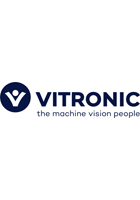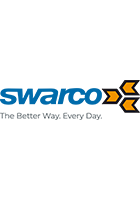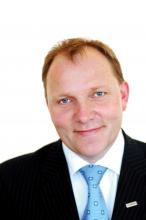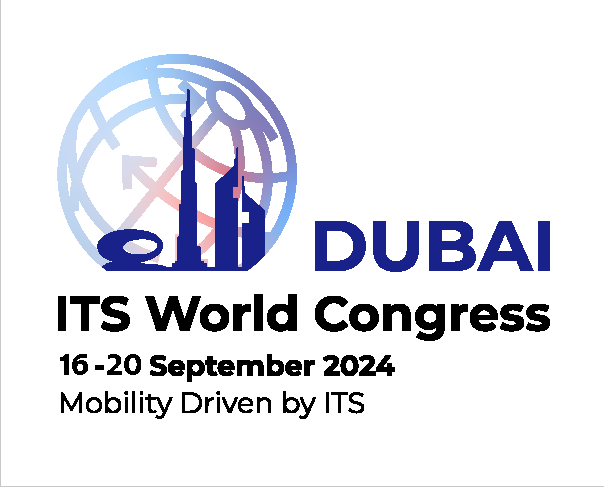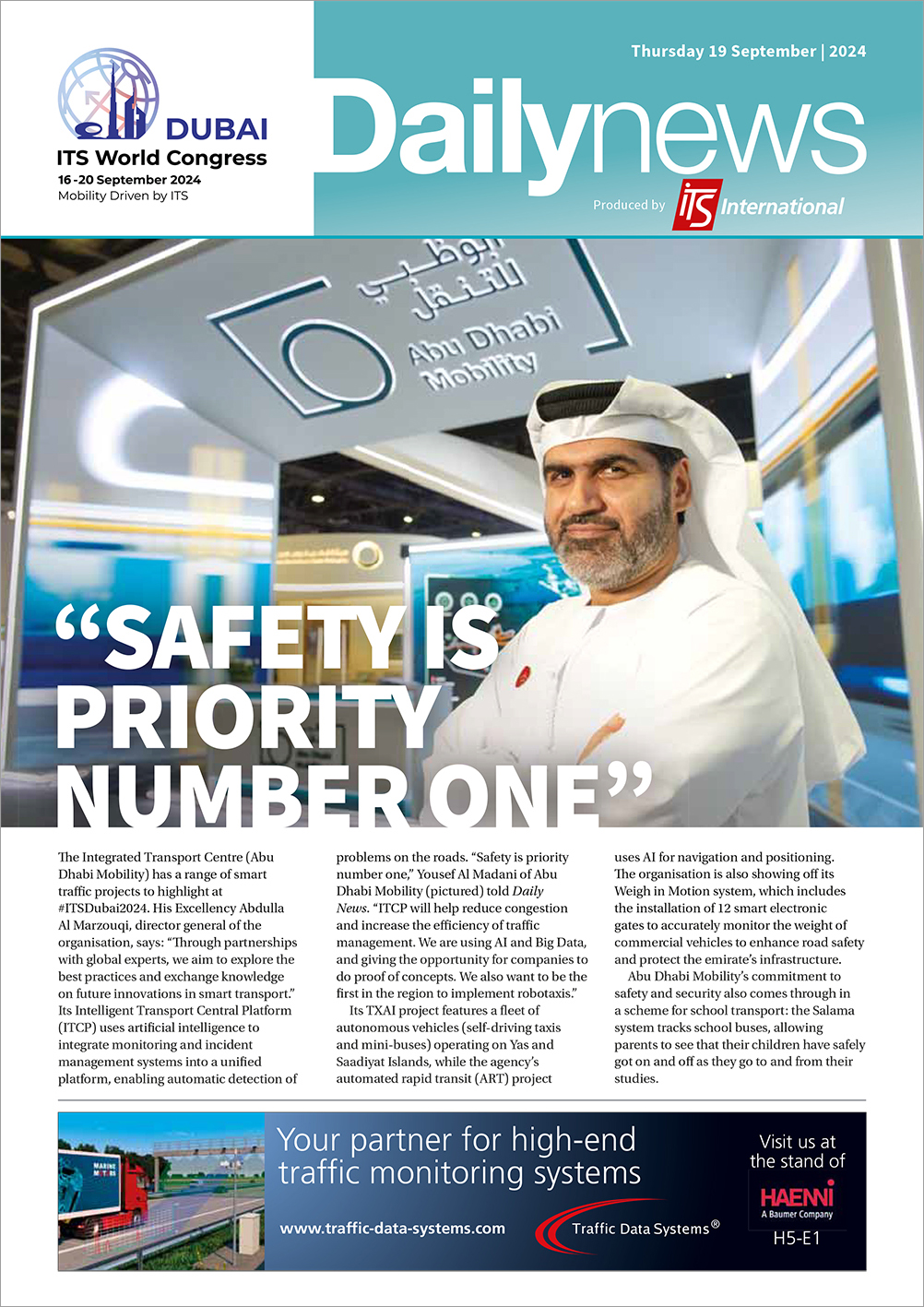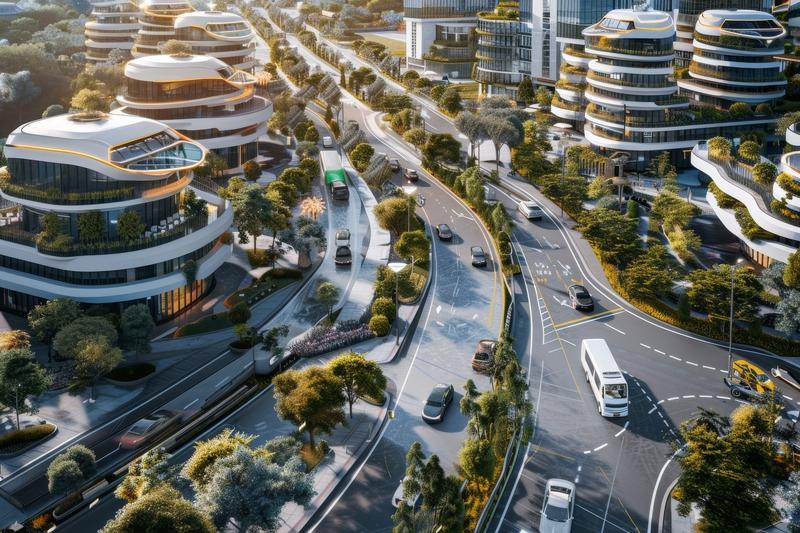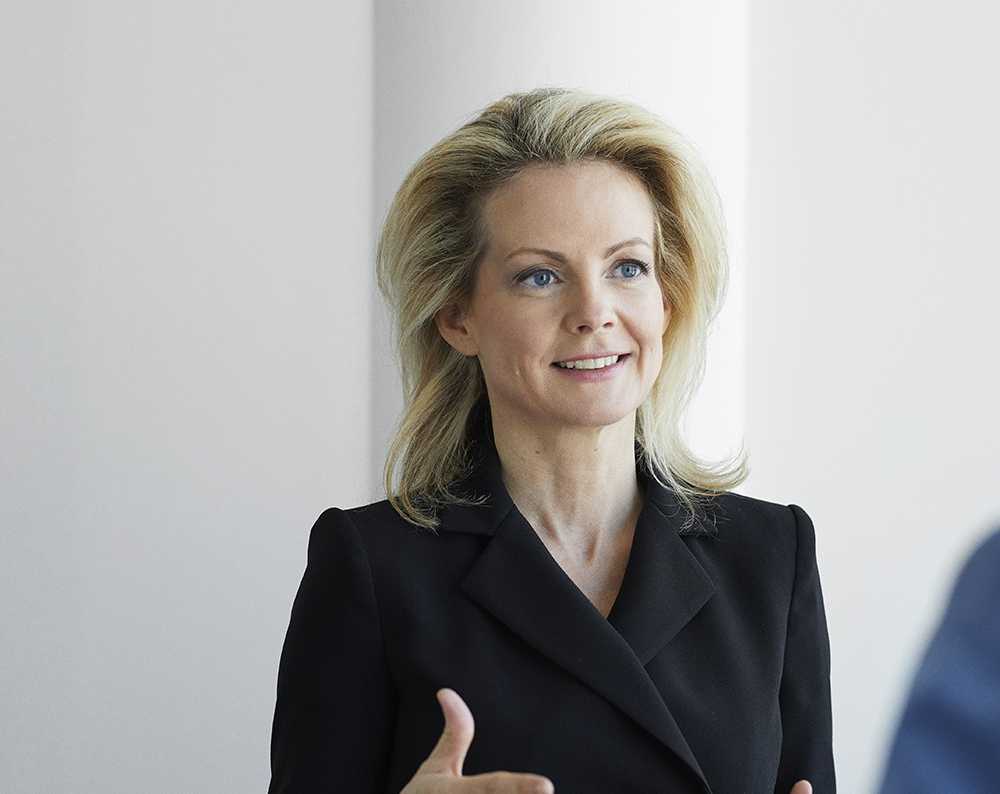
International ITS companies in established markets are increasingly looking elsewhere for new opportunities. For example, Kapsch TrafficCom, based in Austria, has turned its attention to the Global South.
“Africa is enormously diverse, and it is very, very different from country to country,” explains Carolin Treichl, the company’s executive vice president, Europe, Middle East & Africa. There is no one-size-fits-all solution, but weighing up commercial possibilities with political stability has led it to focus on opportunities specifically in South Africa, Nigeria, Ghana, Senegal, Tanzania, Botswana and Mozambique.
To establish relationships, Kapsch tends to partner with international players which have a local footprint. “It’s a question of leveraging synergies, because it can be that a certain partner is also invested in other African countries,” Treichl explains.
While the continent’s diversity is considerable, one thing is constant: it is a less developed traffic market than, say, Europe or the US. While Kapsch is known for its work in sustainability, for instance, that is not a key focus for African markets. Instead, improving road infrastructure and road safety are the two main concerns.
Rather than global navigation satellite system (GNSS) tolling, African countries tend to rely on toll plazas; and they are likely to favour relatively straightforward ITS tech such as adaptive traffic light control.
“From a technological perspective, there’s a lot of potential,” says Treichl. “There is a demand in both of our key segments, traffic and tolling. I am a huge fan of acting as focused as possible; I really want to focus on our strengths.”
“You also have to take into account that, if you have poor infrastructure, it has an impact on the costs of trade among African countries,” points out Treichl. “So it’s not about safety only, it’s also an economic thing.”
Speaking of which, Nigeria is often seen as an economic powerhouse in Africa. “Yes, that’s 1,000% true,” Treichl says. “From a market demand, economic and also from a potential perspective, it’s definitely one of the top three countries in the whole of Africa.” As a result, competition from international companies is intense.
While the European market is mature by comparison to Africa, Europe still presents significant opportunities, Treichl insists. Demand is shifting, with a greater emphasis on city mobility.
“The urban segment in Europe is of increased importance in the mid-term and long-term as well as the short-term,” Treichl says. Smart traffic management will continue to be key, along with demand management to proactively alter driver behaviour, assessing the potential of artificial intelligence, and new uses for data. “Also the key question for all of us is: how will cities look in future? Will there be any traffic in the city centre?” Treichl asks.
As electric vehicle ownership rises, replacing fuel taxes is another concern for city and regional authorities. Alternative forms of revenue-raising, such as congestion charging schemes, are of increasing interest - not least because of their role in reducing car usage and improving air quality. “Demand is different, because the so-called ‘developed’ countries are now in a different stage,” smiles Treichl. “But the market in European countries, at the end of the day, is very good.”



